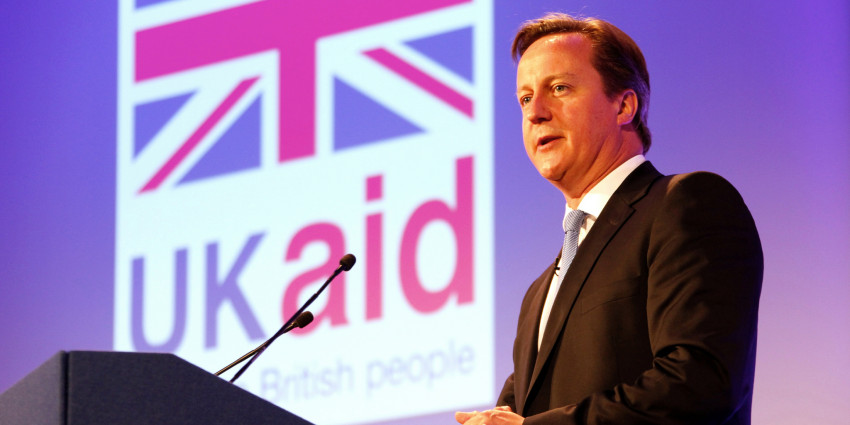David Cameron’s record as prime minister is about to be judged by British voters. But his premiership will also be judged by history. Will he be considered a more or less successful head of government than previous occupants of 10 Downing Street?
While Cameron’s historical reputation is an unknown quantity, the standing of his more recent predecessors is relatively well established. Thanks to a series of expert surveys, we have a good sense of the conventional wisdom among academic historians and political scientists: of post-war prime ministers, Clement Attlee is held in the highest regard, just ahead of Margaret Thatcher, while Sir Alec Douglas-Home and Sir Anthony Eden are usually relegated to the bottom of the prime ministerial league table.
The views of academics are of obvious interest when it comes to gauging success in office, yet the views of practising politicians constitute a distinct and no less important body of opinion. MPs are especially well placed to observe prime ministers and to identify their strengths and weaknesses. Moreover, MPs also represent the ‘talent pool’ from which all prime ministers are drawn. Their ideas about executive leadership will almost certainly inform the actions of tomorrow’s prime ministers.
Our study of parliamentary opinion, based on an original survey of British MPs (N = 158) in November 2013, sheds new light on what MPs expect of prime ministers and how they might evaluate them. Our focus was on British politics since 1945. We found, for example, that MPs prioritised the implementation of party policy above merely winning elections or keeping the party united, and they tended to say that prime ministers should prioritise these goals in that order. Large proportions of MPs also tended to say that successful prime ministers needed to be decisive, principled or intelligent; very small proportions tended to say that successful prime ministers needed to be tolerant, friendly or cautious.
Our study also found that MPs in general tended to rate Thatcher as the most successful post-war prime minister, with Attlee a close runner up. As with academics, MPs tend to reward the heads of transformative governments. Gordon Brown was judged to be the least successful overall. Not surprisingly, the most important factor shaping MPs’ evaluations was party affiliation. With one exception, Tory MPs always ranked Conservative prime ministers more favourably than did Labour MPs, and Labour MPs always ranked Labour prime ministers more favourably than did Conservatives. The exception to this rule was Edward Heath, who was actually rated less highly by Tory than other MPs, and who was judged by his fellow partisans to be the least successful Tory prime minister. Such a verdict among Thatcherites was perhaps to be expected.
It remains to be seen what judgement voters pass on David Cameron this Thursday. It also remains to be seen how MPs, and the history books, rate Cameron’s record. In this respect, much may depend on whether Cameron is a one- or two-term prime minister. Election-winning prime ministers tend to be judged more successfully than electoral losers, not least because it gives them an extended run in office. If Cameron remains in Downing Street after the election, his reputation and standing, especially among Tory MPs, will only grow.

